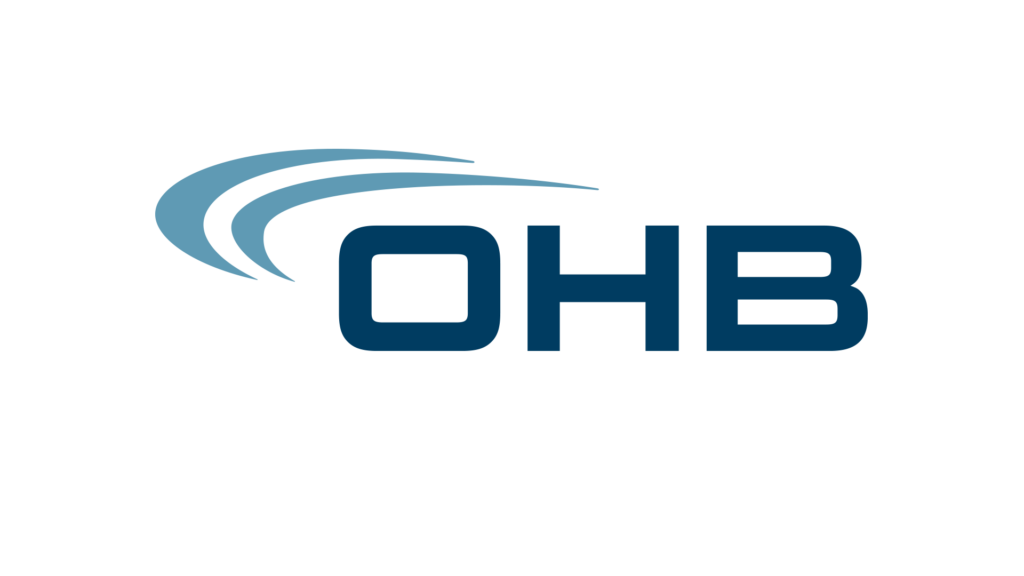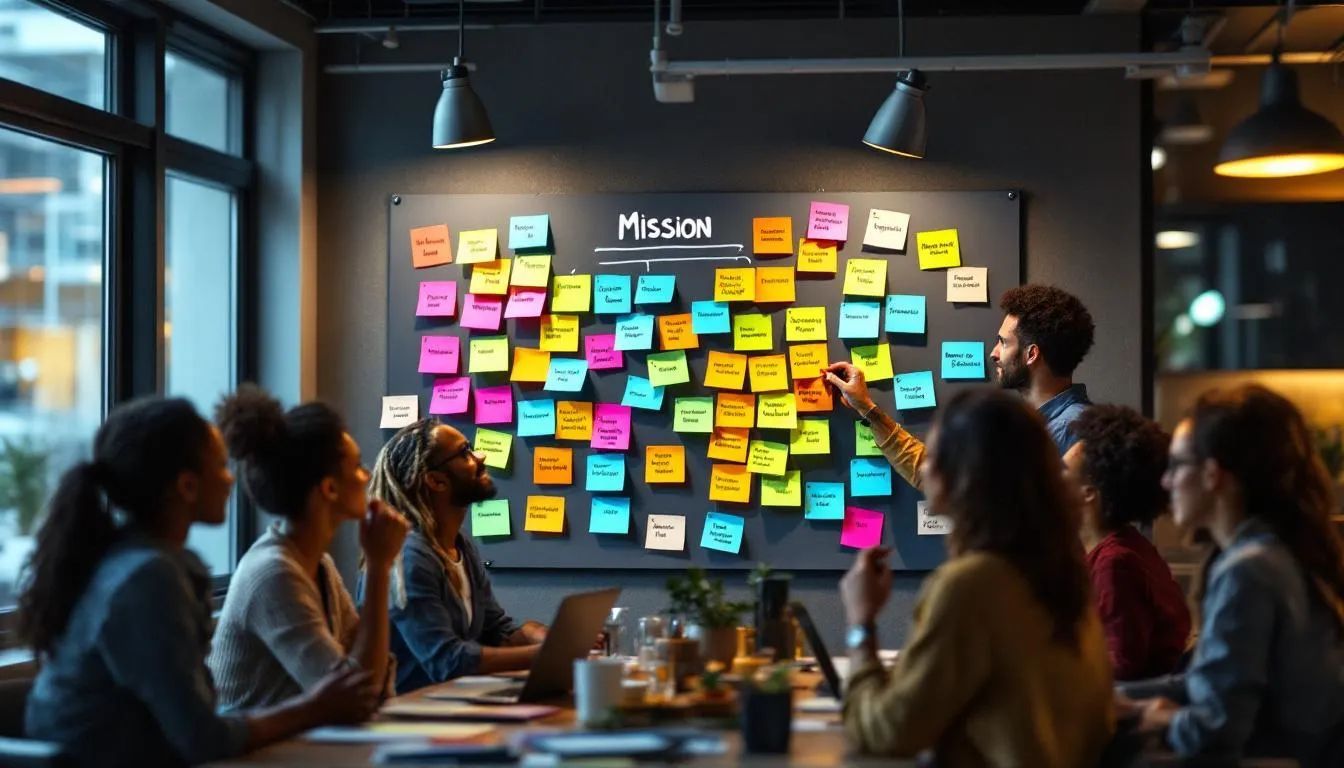Making friends at work can feel daunting, especially in today’s mix of remote, hybrid, and in-person workplaces. Yet, mastering how to make friends at work is a skill that can transform your daily experience, fuel your career growth, and boost your well-being. If you’ve ever wondered why some people seem to effortlessly discover authentic connections at the office while others struggle, you’re not alone. In this guide, you’ll learn practical, research-backed steps for building genuine office friendships—no awkwardness required. Plus, you’ll see how innovative platforms like Neroia are revolutionizing the way employees connect, making workplace friendships more accessible than ever.
Why Workplace Friendships Fuel Happiness and Performance
The Science Behind Feeling Connected on the Job
Humans are wired for connection. Recent studies show that having close relationships at work is linked to higher levels of happiness, lower stress, and even better health outcomes. According to Gallup, employees with a “best friend” at work are not only more engaged but also more productive and resilient in the face of challenges.
Workplace friendships offer a unique kind of support. Unlike family or friends outside the office, coworkers truly understand your daily struggles, deadlines, and inside jokes. This sense of belonging can make even the toughest days feel lighter.
“We’ve all seen the research on how friendships are vital to health and happiness, but having a close friend at work is also a predictor of positive workplace outcomes, such as increased productivity and engagement.”
— HBR Staff, _Making Friends at Work: Our Favorite Reads_
Career Perks of Having a Trusted Desk-Side Ally
Beyond happiness, learning how to make friends at work pays off in tangible career benefits. Trusted colleagues often become sounding boards for ideas, sources of honest feedback, and advocates for your growth. They might tip you off to new projects, support you in meetings, or help you navigate office politics.
Research published by Harvard Business Review highlights that employees with strong workplace friendships are more likely to stay with their company, feel motivated, and take creative risks. Simply put, having friends at work isn’t just nice—it’s a smart career move.
Checking Your Mindset: Are You Open to New Colleagues?
Shifting from Guarded to Approachable
Before diving into action, it’s worth checking in with yourself. Are you genuinely open to making new friends at work, or do you keep your guard up? Many people, especially those early in their careers or introverts, feel hesitant about mixing the personal with the professional.
It’s natural to want to protect your privacy or avoid office drama. However, staying too closed off can make it hard for others to approach you. A simple mindset shift—seeing coworkers as potential allies rather than just colleagues—can make all the difference.
“I was just so closed off that they found it difficult to find an in.”
— HBR Staff, _Making Friends at Work: Our Favorite Reads_
Quick Self-Assessment to Spot Social Roadblocks
Ask yourself these questions to spot any barriers:
- Do I avoid casual conversations or social invitations at work?
- Do I assume others aren’t interested in getting to know me?
- Do I worry about being judged for reaching out?
If you answered “yes” to any of these, you’re not alone. Awareness is the first step toward change. With a little intention, you can shift from guarded to genuinely approachable.
First Moves: How to Make Friends at Work Without the Awkwardness
Conversation Starters That Beat Small Talk
The hardest part of how to make friends at work is often taking the first step. While “How was your weekend?” is a classic, it rarely leads to meaningful connection. Instead, try open-ended questions that invite real sharing. For example:
- “What’s exciting you these days?”
- “Have you discovered any great lunch spots around here?”
- “What’s one thing you wish you knew before starting this job?”
These prompts encourage more than just surface-level responses and show genuine interest.
“In a casual, comfortable way, just ask the person next to you, ‘What’s exciting you these days?’ and let the conversation flow.”
— HBR Staff, _Making Friends at Work: Our Favorite Reads_
Micro-Gestures That Say “I See You”
Small, thoughtful actions can spark connection without feeling forced. Examples include:
- Sending a quick message after a meeting to compliment an idea.
- Remembering a colleague’s birthday or work anniversary.
- Sharing a relevant article or resource based on a recent conversation.
These micro-gestures signal that you notice and value your coworker, laying the groundwork for deeper friendship.
From Chat to Camaraderie: Building Rituals and Shared Interests
Creating a Weekly Coffee or Walk-and-Talk Routine
Once you’ve broken the ice, consistency is key. Regular, low-pressure rituals can turn casual chats into real camaraderie. Consider inviting a colleague for a weekly coffee break, a lunchtime walk, or a shared hobby session.
Even a recurring 10-minute check-in can make a big difference. Over time, these micro-events foster trust and shared memories.
Highlighting Similarities to Spark Faster Rapport
Research shows we’re drawn to people who share our interests and values. Don’t be shy about mentioning your favorite books, shows, or weekend activities. You might discover a fellow cycling enthusiast, yoga lover, or foodie in your midst.
At companies using platforms like Neroia, employees can effortlessly discover coworkers with similar passions. Neroia’s AI-driven recommendations make it easy to join small-group activities—like yoga sessions or cultural exchanges—tailored to your interests and schedule. This approach removes the guesswork from how to make friends at work and helps authentic connections form naturally.
Nurturing Friendships in Remote and Hybrid Teams
Virtual Coffee Chats That Feel Natural
Remote and hybrid work can make it trickier to form friendships, but not impossible. Intentionality matters more than ever. Schedule virtual coffee chats with colleagues, even if it’s just a 15-minute video call. Use icebreaker questions or share something personal to keep the conversation genuine.
Platforms like Neroia take this further by curating AI-powered micro-events—think small virtual meetups or interest-based Slack channels—so employees can connect beyond formal meetings. During the OHB pilot, for example, employees enjoyed virtual yoga sessions and company runs, all orchestrated by Neroia’s AI. These activities helped break silos and fostered real engagement, even from a distance.
Team Activities That Bridge the Distance
Hybrid teams benefit from a mix of virtual and in-person activities. Consider:
- Online trivia or game sessions.
- Book or podcast clubs.
- Virtual “show and tell” meetings where team members share hobbies.
Neroia’s platform suggests tailored activities based on anonymized interests, ensuring every event feels relevant and inclusive. This personalized approach is the future of how to make friends at work, especially in distributed teams.
Setting Healthy Boundaries Between Friendship and Professionalism
Reading Signals and Respecting Privacy
Building friendships at work requires sensitivity. Not everyone wants to share personal details or socialize outside office hours. Pay attention to verbal and nonverbal cues. If a colleague seems reserved, respect their boundaries.
It’s also wise to keep certain topics off-limits, like office gossip or personal finances, until trust is firmly established. Remember, genuine connection comes from mutual respect and understanding.
Handling Conflict or Cooling Off Gracefully
Even the best friendships face bumps. If conflict arises, address it directly but kindly. Focus on the issue, not the person, and aim for understanding rather than blame. If a friendship naturally cools off, let it happen gracefully—forcing closeness rarely works.
“To have a friend means to share and to listen, to trust and be trusted, to feel safe and supported, and to be there for each other.”
— Nelly V. Tacheva, Founder and CEO
Keeping the Bond Alive Through Role Changes or Goodbye Parties

Staying Close After Promotions or Transfers
Workplace friendships don’t have to end when roles change. In fact, staying connected through transitions can enrich both your professional and personal life. Schedule regular catch-ups, celebrate milestones together, and support each other’s growth.
A simple ordered list can help maintain these relationships:
- Set a recurring calendar reminder for check-ins.
- Share updates about your new role or projects.
- Invite your friend to relevant events, even if you’re on different teams.
- Celebrate each other’s achievements, big or small.
- Stay open to evolving the friendship as circumstances change.
Turning Ex-Coworkers into a Lifelong Support Network
Saying goodbye doesn’t have to mean losing touch. Many lasting friendships start at work but flourish outside the office. Organize farewell gatherings, exchange contact information, and keep the conversation going via social media or messaging apps.
Neroia’s commitment to fostering real, lasting connections means employees can continue to benefit from their network, even after moving on. By prioritizing authentic engagement over superficial events, the platform helps turn colleagues into lifelong friends.
Why Traditional Office Socials Fall Short—and How AI is Changing the Game
Traditional company-organized social events—like large happy hours or team-building days—often miss the mark. Many employees find them awkward, forced, or overwhelming, especially introverts or those new to the team. Hybrid and remote workers can feel even more isolated when they’re unable to attend in person.
Common pitfalls of traditional office socials:
- Forced participation leads to discomfort, not connection.
- Large groups make it hard to have meaningful conversations.
- Activities don’t always match individual interests.
- Remote and hybrid employees are often left out.
Neroia’s AI-driven approach is different. By analyzing anonymized data, the platform recommends micro-events—like yoga sessions, cycling meetups, or cultural exchanges—that suit each employee’s interests and schedule. Whether you’re in the office or remote, you get matched with just a few colleagues, making it easier to break the ice and form real connections.
How Neroia Makes Friend-Making Effortless
- AI-curated micro-events ensure activities are relevant and inclusive.
- Small group sizes (3-4 participants) foster genuine conversation.
- Seamless integration with existing programs and resources.
- Privacy-first design keeps employee data secure and anonymized.
- Effortless scheduling removes planning friction and awkwardness.
Neroia’s vision is to replace superficial gatherings with personalized, AI-tailored interactions that break down silos and build a more connected, engaged workplace.
Quick Wins for Building Office Friendships
- Take the initiative—invite a colleague for coffee or a quick chat.
- Use open-ended questions to spark deeper conversations.
- Join or suggest interest-based activities (sports, wellness, book clubs).
- Leverage platforms like Neroia to discover like-minded coworkers.
- Respect boundaries and nurture trust over time.
The Future of Workplace Friendship Starts Now
Learning how to make friends at work is more than a social nicety—it’s the foundation of a healthy, innovative, and productive workplace. As organizations embrace hybrid and remote models, the need for authentic, meaningful connections has never been greater.
Neroia is leading the way by leveraging artificial intelligence to foster organic, lasting friendships through curated micro-events and seamless integration. The result? Happier employees, stronger collaboration, and a workplace culture where everyone can thrive.
“Making friendships in a remote work environment takes more intentional effort, but it can be super rewarding.”
— Anne Genduso, Career Coach
Whether you’re starting a new job, working remotely, or simply looking to deepen your office relationships, remember: building friendships is a journey, not a race. With the right mindset, a little courage, and support from innovative platforms like Neroia, you can effortlessly discover authentic connections that will enrich your work—and your life—for years to come.










